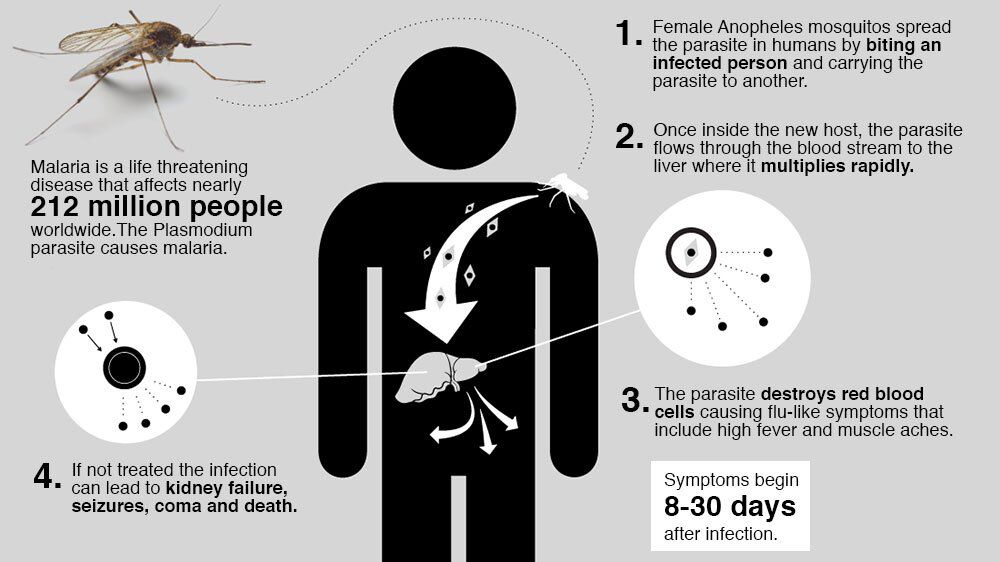The Lancet on Malaria eradication | 10 Sep 2019
According to a report by The Lancet on Malaria eradication held that with the right strategies and sufficient funding, it is possible to eradicate malaria as early as 2050.
- It is noted that since 2000, global malaria incidence and death rates declined by 36% and 60 % respectively.
- Today, more than half of the world’s countries are malaria-free.
- However, malaria cases are rising in 55 countries in Africa, Asia and Latin America.
- There is also inequity, with 29 countries (27 in Africa) accounting for the large majority of new cases and 85% of global deaths in 2017. On the other hand, 38 countries had incidences of fewer than ten cases per 1,000 population in 2017 and reported just 5% of total malaria deaths.
- The report identifies three ways to accelerate the decline in malaria cases.
- Improve implementation of malaria control programmes globally.
- Develop and roll out innovative new tools to overcome the biological challenges to eradication.
- Malaria-endemic countries must be provided with the financial investment to fight malaria.
Malaria
- Malaria is caused by Plasmodium parasites.
- The parasites are spread to people through the bites of infected female Anopheles mosquitoes, called "malaria vectors",
- World Malaria Day is observed on 25th April.
- It can be noted that WHO officially endorses disease-specific global awareness days for only four diseases viz. HIV-AIDS, TB, Malaria, and Hepatitis.

